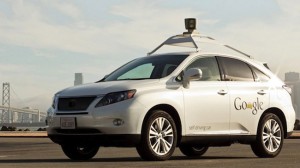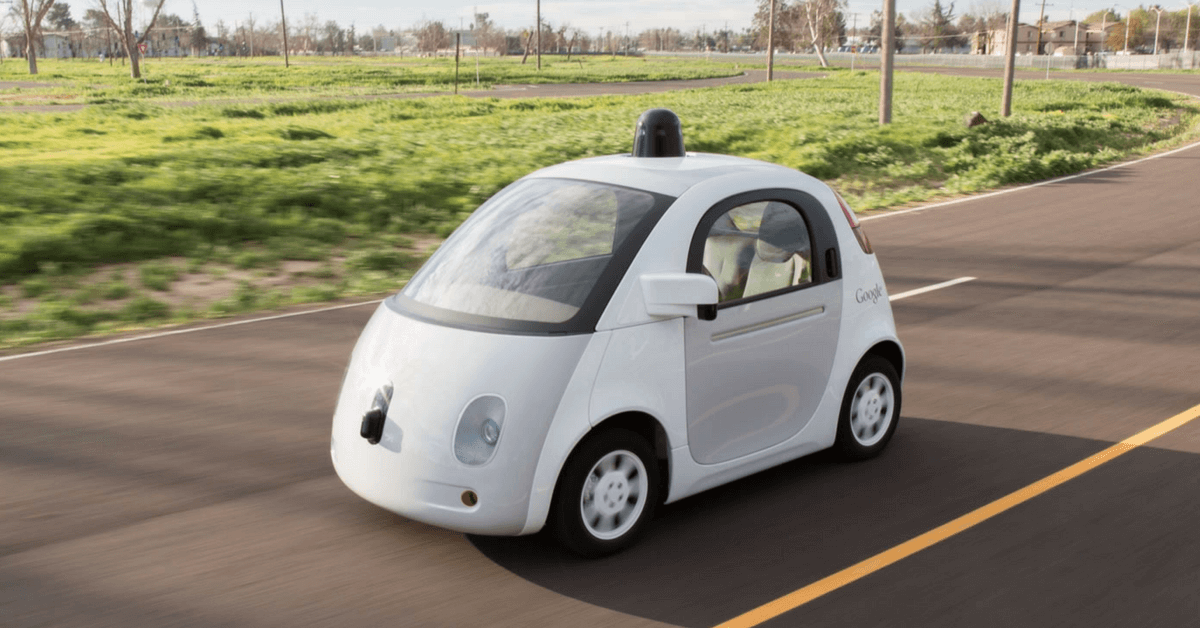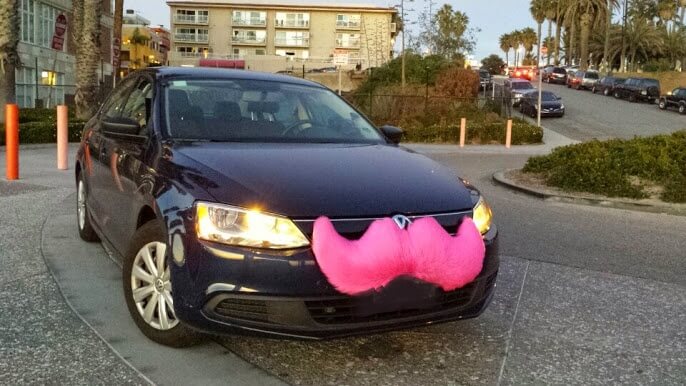Striking the balance between protecting an emerging technology that promises to save millions of lives, and compensating victims when driverless cars crash
Worldwide, approximately 1.2 million people die every year in car and truck accidents, according to the World Health Organization. Of that number, approximately 30,000 to 40,000 people are killed every year in automobile accidents in the United States.
Driverless cars — also called self-driving cars, autonomous cars, robotic cars and Google cars – are vehicles that drive themselves. They have new advanced technology that enable them to navigate without a human driver.
And since most car accidents are caused by human drivers, driverless technology promises to one day save millions of lives.
I discussed the promise of driverless cars in a recent interview with Colin O’Keefe from LXBN. You can watch my full interview here:
How can we both protect this new technology to allow driverless cars to become a reality, while also compensating innocent accident victims?
We need to protect this emerging technology. And if that means one day I don’t have a job as an attorney who helps people in car accidents, then so much the better. I’ve previously suggested the idea of a general compensation fund to compensate victims of driverless car crashes.
A payout fund set up to compensate victims of driverless car accidents could be modeled similar to the Health and Human Services Department’s vaccine injury compensation fund, which takes a 75-cent tax from every purchased vaccine. The program helps those who have been hurt by vaccine-related incidents, regardless of fault, without exposing the medical community to lawsuits.
I envision it working like this: For every driverless vehicle bought and sold, some amount of money based upon actuarial estimates of how many car accidents driverless vehicles cause can be placed in the compensation fund. That amount can then be increased or decreased based upon the emerging data on how many people are actually being injured or killed by driverless cars.
Such a system would strike that appropriate and important balance between giving this amazing driverless technology that has so much promise the protection it needs from lawsuits, while still compensating the victims of car accidents that will still occur even with driverless cars. Especially in the beginning years as this technology becomes more widely available.
A general compensation fund does not mean blanket immunity from the civil justice system
I’m still strongly in favor of retaining some form of civil liability against manufacturers of driverless technology. I believe that giving manufacturers of this technology total immunity from civil liability and tort lawsuits is a huge mistake.
One needs only look at the news coming out today about the GM ignition switches and subsequent cover up to see the drawbacks with relying only on a general compensation fund. Without the lawsuit that was filed, without the civil justice system, this would still be hidden from the public today.
We want to avoid creating a perverse financial incentive for manufacturers of this technology to rush a dangerous and defective product to the market.
Some limited recourse within the civil justice system is, as the GM ignition switch ltigation shows, still the only way to make this happen.



